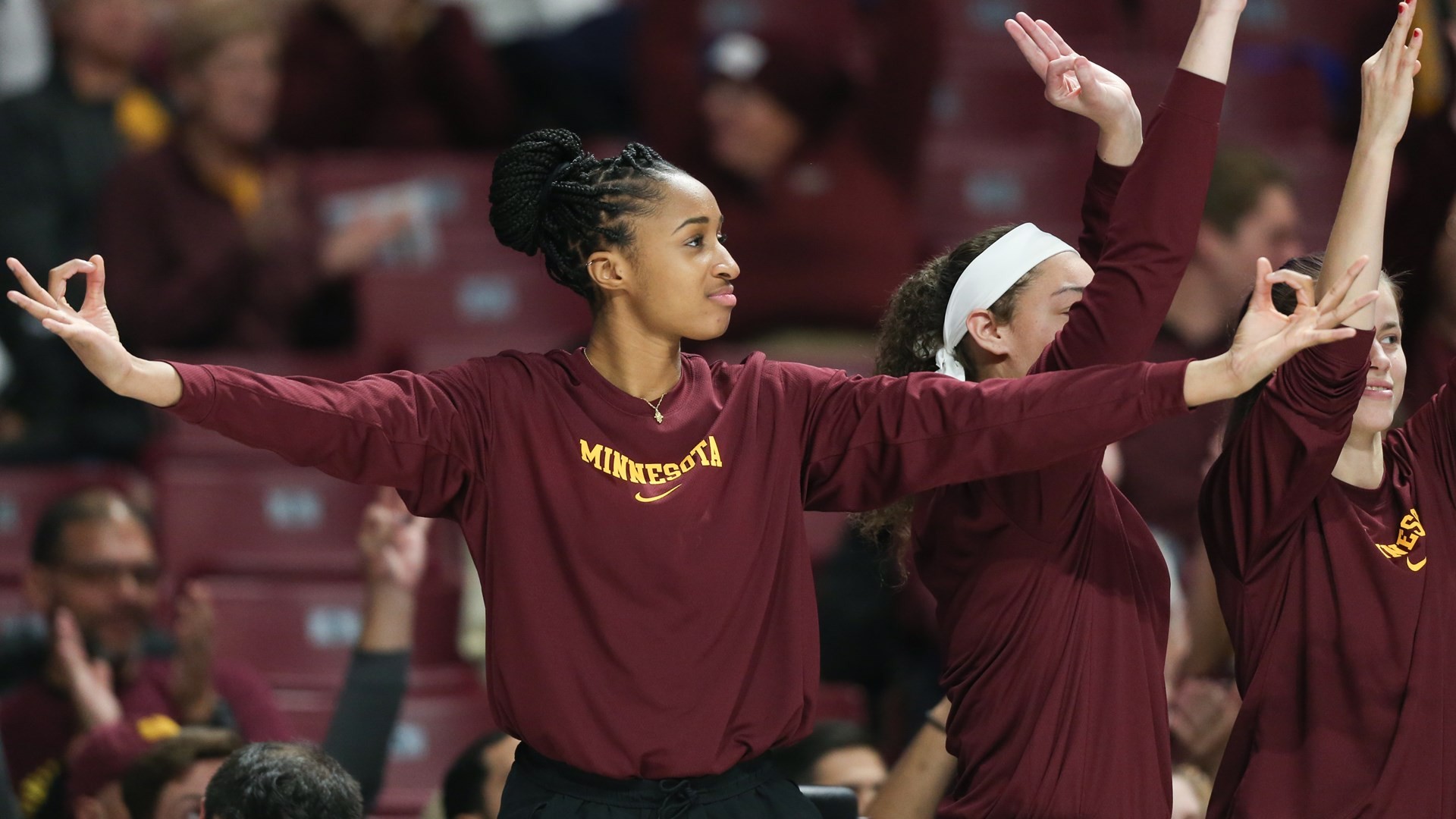The Supreme Court heard oral arguments on Dec. 1 regarding the abortion provider Whole Women’s Health Clinic in Jackson, Miss. The crux of the case is whether the Supreme Court will overturn the landmark Roe v. Wade decision from 1973, which guarantees a federal right to abortion up until 24 weeks.
The oral arguments were telling of where the Justices’ minds were in terms of having a preliminary decision. Justices typically come into arguments having ideas about the case and then refine their ideas, or perhaps their to-be written opinions, based on the information received during the arguments.
Professor of political science and law at the University of Minnesota, Timothy Johnson, said this is a very common schedule for Justices, even when important decisions are to be received by the Supreme Court.
“The arguments were last Wednesday, so last Friday, they would have held conference where they would have taken preliminary vote,” Johnson said. “They have conference and that’s where they all meet together in private to take their initial votes, and discuss the case, and so they sort of know where things are going.”
Justices in the minority or majorities circulate opinions among each other, but do not talk about cases outside of conference, according to Johnson.
“While they see each other in person, they have lunch together, they hear oral arguments and other cases together, they don’t really talk about this specific case orally with one another ever again in person,” Johnson said. “That’s sort of a norm of the court.”
Impact on University students
According to an annual report from the Minnesota Department of Health, those who have at least some college education had 2,631 abortions statewide in 2020 out of 9,108 total.
First-year student Zoe Mentz, who is pro-choice, said that talk of this pending case is not widely talked about on campus and that abortion is generally a private subject on campus.
“You can still get an abortion up to 24 weeks in the state of Minnesota. So I think that’s another reason that it’s not something we talked about on this college campus as much,” Mentz said. “Abortion is also a very taboo subject, and it’s kept private.”
Students also say they are wary about talking about such a politically charged and controversial issue, according to third-year student Noah Guyette, who is also pro-choice.
“It’s a political issue that I feel like no one really wants to talk about and, this isn’t an insult but, they also really don’t know that much about it because they don’t want to talk about it,” Guyette said.
College Republicans did not reply to requests for comment on this issue, and Turning Point USA is a non-profit organization that is not authorized to have members speak on the record.
Justice Brett Kavanaugh signaled that he would overturn or revise the precedent case. Kavanaugh cited examples of other instances where the Court overturned long standing precedent, including in the case of Brown v. Board of Education, which ruled on racial segregation and overturned a prior decision, according to a report from Vox.
Johnson said Justices “don’t like to overturn their precedents, because we come from the common law system of England where precedent is everything.” He went on to clarify, however, that no decision is binding and can be overruled by future courts or Congress.
“Without clear social change, or social opinion, [the Supreme Court] has to uphold things because otherwise we’ll just keep flipping and flopping back and forth, based on whoever is on the court at the time,” Guyette said. “And that just makes it really hard to follow up as a law.”
Of the roughly 35,000 Supreme Court cases handed down since its inception, only 233 have been overruled.
Johnson said the more moderate members on this issue — Kavanaugh, Justice Amy Coney Barrett, and Chief Justice John Roberts — could prevent the more conservative bloc from entirely overturning Roe v. Wade and instead mirror something like the other major abortion case, Planned Parenthood v. Casey in 1992. In that instance, the justices did not decide based on an outright majority but instead different small groupings agreed to different portions of the opinion.
“Technically, the lower court decision will stand. But then the U.S. Supreme Court is going to have to set, even in a plurality group, is going to have to set some new standard that the lower court judges can use and understand and apply in future cases,” Johnson said.
The Supreme Court likely will not have a decision until the last week of June, according to Johnson.





















